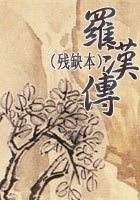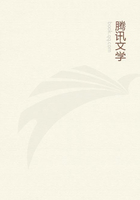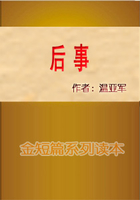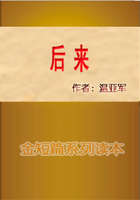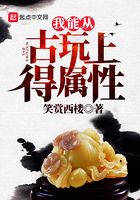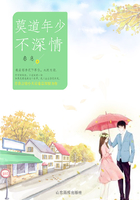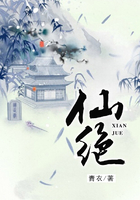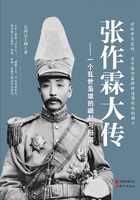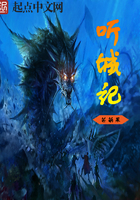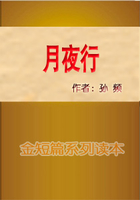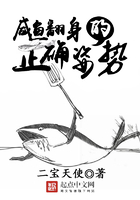In the valley which separated the Hog’s Back from the sandy hill on which the lighthouse stood, Puttenham was a modest little village nine stories high, with silos, a poultry farm, and a small vitamin-D factory. On the other side of the lighthouse, towards the South, the ground fell away in long slopes of heather to a chain of ponds.
Beyond them, above the intervening woods, rose the fourteen-story tower of Elstead. Dim in the hazy English air, Hindhead and Selborne invited the eye into a blue romantic distance. But it was not alone the distance that had attracted the Savage to his lighthouse; the near was as seductive as the far. The woods, the open stretches of heather and yellow gorse, the clumps of Scotch firs, the shining ponds with their overhanging birch trees, their water lilies, their beds of rushes–these were beautiful and, to an eye accustomed to the aridities of the American desert, astonishing. And then the solitude! Whole days passed during which he never saw a human being. The lighthouse was only a quarter of an hour’s flight from the Charing-T Tower; but the hills of Malpais were hardly more deserted than this Surrey heath. The crowds that daily left London, left it only to play Electro-magnetic Golf or Tennis. Puttenham possessed no links; the nearest Riemann-surfaces were at Guildford. Flowers and a landscape were the only attractions here. And so, as there was no good reason for coming, nobody came. During the first days the Savage lived alone and undisturbed.
Of the money which, on his first arrival, John had received for his personal expenses, most had been spent on his equipment. Before leaving London he had bought four viscose-woollen blankets, rope and string, nails, glue, a few tools, matches (though he intended in due course to make a fire drill), some pots and pans, two dozen packets of seeds, and ten kilogrammes of wheat flour. “No, not synthetic starch and cotton-waste flour-substitute,” he had insisted. “Even though it is more nourishing.” But when it came to pan-glandular biscuits and vitaminized beef-surrogate, he had not been able to resist the shopman’s persuasion. Looking at the tins now, he bitterly reproached himself for his weakness. Loathesome civilized stuff! He had made up his mind that he would never eat it, even if he were starving. “That’ll teach them,” he thought vindictively. It would also teach him.
He counted his money. The little that remained would be enough, he hoped, to tide him over the winter. By next spring, his garden would be producing enough to make him independent of the outside world. Meanwhile, there would always be game. He had seen plenty of rabbits, and there were waterfowl on the ponds. He set to work at once to make a bow and arrows.
There were ash trees near the lighthouse and, for arrow shafts, a whole copse full of beautifully straight hazel saplings. He began by felling a young ash, cut out six feet of unbranched stem, stripped off the bark and, paring by paring, shaved away the white wood, as old Mitsima had taught him, until he had a stave of his own height, stiff at the thickened centre, lively and quick at the slender tips. The work gave him an intense pleasure. After those weeks of idleness in London, with nothing to do, whenever he wanted anything, but to press a switch or turn a handle, it was pure delight to be doing something that demanded skill and patience.
He had almost finished whittling the stave into shape, when he realized with a start that he was singing-singing! It was as though, stumbling upon himself from the outside, he had suddenly caught himself out, taken himself flagrantly at fault. Guiltily he blushed. After all, it was not to sing and enjoy himself that he had come here. It was to escape further contamination by the filth of civilized life; it was to be purified and made good; it was actively to make amends. He realized to his dismay that, absorbed in the whittling of his bow, he had forgotten what he had sworn to himself he would constantly remember–poor Linda, and his own murderous unkindness to her, and those loathsome twins, swarming like lice across the mystery of her death, insulting, with their presence, not merely his own grief and repentance, but the very gods themselves. He had sworn to remember, he had sworn unceasingly to make amends. And there was he, sitting happily over his bow-stave, singing, actually singing.…
He went indoors, opened the box of mustard, and put some water to boil on the fire.
Half an hour later, three Delta-Minus landworkers from one of the Puttenham Bokanovsky Groups happened to be driving to Elstead and, at the top of the hill, were astonished to see a young man standing outside the abandoned lighthouse stripped to the waist and hitting himself with a whip of knotted cords. His back was horizontally streaked with crimson, and from weal to weal ran thin trickles of blood. The driver of the lorry pulled up at the side of the road and, with his two companions, stared open-mouthed at the extraordinary spectacle. One, two three–they counted the strokes. After the eighth, the young man interrupted his self-punishment to run to the wood’s edge and there be violently sick. When he had finished, he picked up the whip and began hitting himself again. Nine, ten, eleven, twelve…
“Ford!” whispered the driver. And his twins were of the same opinion.
“Fordey!” they said.
Three days later, like turkey buzzards setthug on a corpse, the reporters came.
Dried and hardened over a slow fire of green wood, the bow was ready. The Savage was busy on his arrows. Thirty hazel sticks had been whittled and dried, tipped with sharp nails, carefully nocked. He had made a raid one night on the Puttenham poultry farm, and now had feathers enough to equip a whole armoury. It was at work upon the feathering of his shafts that the first of the reporters found him. Noiseless on his pneumatic shoes, the man came up behind him.
“Good-morning, Mr. Savage,” he said. “I am the representative of The Hourly Radio.”
Startled as though by the bite of a snake, the Savage sprang to his feet, scattering arrows, feathers, glue-pot and brush in all directions.

